CHRIST
STOPPED AT EBOLI
THE STORY OF A YEAR
BY
CARLO LEVI
Translated from the Italian by Frances Frenaye

FARRAR, STRAUS AND COMPANY
Contents

CHRIST STOPPED AT EBOLI
Because of his uncompromising opposition to Fascism, Carlo Levi was banished at the start of the Abyssinian War (1935) to a small primitive village in Lucania, a remote province of southern Italy. In this region, which remains unknown not only to tourists but also to the vast majority of Italians, Carlo Levi, a painter, doctor, and writer, lived out a memorable time.

1

Many years have gone by, years of war and of what men call History. Buffeted here and there at random I have not been able to return to my peasants as I promised when I left them, and I do not know when, if ever, I can keep my promise. But closed in one room, in a world apart, I am glad to travel in my memory to that other world, hedged in by custom and sorrow, cut off from History and the State, eternally patient, to that land without comfort or solace, where the peasant lives out his motionless civilization on barren ground in remote poverty, and in the presence of death.
Were not Christians, they say. Christ stopped short of here, at Eboli. Christian, in their way of speaking means human being, and this almost proverbial phrase that I have so often heard them repeat may be no more than the expression of a hopeless feeling of inferiority. Were not Christians, were not human beings; were not thought of as men but simply as beasts, beasts of burden, or even less than beasts, mere creatures of the wild. They at least live for better or for worse, like angels or demons, in a world of their own, while we have to submit to the world of Christians, beyond the horizon, to carry its weight and to stand comparison with it. But the phrase has a much deeper meaning and, as is the way of symbols, this is the literal one. Christ did stop at Eboli, where the road and the railway leave the coast of Salerno and turn into the desolate reaches of Lucania. Christ never came this far, nor did time, nor the individual soul, nor hope, nor the relation of cause to effect, nor reason nor history. Christ never came, just as the Romans never came, content to garrison the highways without penetrating the mountains and forests, nor the Greeks, who flourished beside the Gulf of Taranto. None of the pioneers of Western civilization brought here his sense of the passage of time, his deification of the State or that ceaseless activity which feeds upon itself. No one has come to this land except as an enemy, a conqueror, or a visitor devoid of understanding. The seasons pass today over the toil of the peasants, just as they did three thousand years before Christ; no message, human or divine, has reached this stubborn poverty. We speak a different language, and here our tongue is incomprehensible. The greatest travelers have not gone beyond the limits of their own world; they have trodden the paths of their own souls, of good and evil, of morality and redemption. Christ descended into the underground hell of Hebrew moral principle in order to break down its doors in time and to seal them up into eternity. But to this shadowy land, that knows neither sin nor redemption from sin, where evil is not moral but is only the pain residing forever in earthly things, Christ did not come. Christ stopped at Eboli.

2

I Arrived at Gagliano one August afternoon in a rattling little car. I was wearing handcuffs and I was escorted by two stalwart servants of the State with vertical red bands on their trousers, and expressionless faces. I arrived reluctantly and ready for the worst, because sudden orders had caused me to leave Grassano where I had been living and where I had learned to know the region of Lucania. It had been hard at first. Grassano, like all the villages hereabouts, is a streak of white at the summit of a bare hill, a sort of miniature imaginary Jerusalem in the solitude of the desert. I liked to climb to the highest point of the village, to the wind-beaten church, where the eye can sweep over an endless expanse in every direction, identical in character all the way around the circle. It is like being on a sea of chalk, monotonous and without trees. There are other villages, white and far away on the tops of their hills, Irsina, Craco, Montalbano, Salandra, Pisticci, Grottole, Ferrandina, the haunts and caves of the brigands; and beyond the reach of vision lies the sea, and Metaponto, and Taranto. I felt that I had come to understand the hidden virtues of this bare land and to love it; I had no mind to change. I am by nature sensitive to the pangs of separation and for this reason I was anything but well disposed toward the new village where I had to adapt myself to living. I looked forward, however, to the trip from one locality to the other and to the chance of seeing places I had heard so much about, and had pictured in fancy, beyond the mountains hemming in the Basento Valley. We went by the precipice where a year earlier the village band of Grassano, on the way back late at night from playing in the square at Accettura, had been lost. Ever since that night the dead band-players meet at midnight at the foot of the precipice to blow their horns, and shepherds skirt the neighborhood in holy terror. But we passed by in broad daylight; the sun was bright, a wind from Africa scorched the earth, and not a sound came from the wastes of clay below.
At San Mauro Forte, just a little higher up on the mountain, I saw on the outskirts of the village the poles where for years the heads of brigands were exposed to view, and then we entered the Accettura Forest, one of the few bits left of the wooded land that once included all of Lucania. The definition of Lucus a non lucendo really holds true today when Lucania, the woodland, is quite bare. To see trees again at last, and fresh undergrowth, and green grass, and to smell the leaves was for me like a visit to fairyland. This was the kingdom of the brigands, and the mere remote memory of them causes the traveler to cross it even today with a mixture of fear and curiosity. But the kingdom is a narrow one and we soon left it behind as we went up to Stigliano, where Mark, the ancient crow, has been for centuries in the village square, like a local god, spreading his black wings above the cobblestones. After Stigliano we went down into the valley of the Sauro River with its bed of white stones and an island, now renowned for Prince Colonnas fine olive trees, where a battalion of bersaglieri troops was wiped out when the brigands of Boryes marched on Potenza. Here, at a crossroads, we left the route to the Agri Valley and turned to the left on a recently built narrow road.
Farewell, Grassano; farewell, country seen from afar or in the imagination! We had crossed to the other side of the mountains and were leaping up to Gagliano, where only a short time before the wheel of no vehicle had ever come. At Gagliano the road ends. My impression was an unpleasant one. At first sight the village did not seem to be a village at all, but merely a group of scattered white houses, slightly pretentious in their poverty. It was not on the summit of a hill, like the others, but perched on a sort of jagged saddle rising among picturesque ravines; as I first saw it there was lacking the severe and terrible aspect typical of the settlements in these parts. There were a few trees and a spot of green by the way where we had come in, and this very softening of character was displeasing to me. I was accustomed by now to the bare and dramatic austerity of Grassano, to its creviced plaster walls and its mysterious and meditative silence. The country air apparently hanging over Gagliano seemed to me to strike a false note in this land which had nothing of the countryside about it. And then, perhaps out of vanity, it seemed to me inappropriate that the place where I was condemned to live should not appear shut in, but spread out and almost welcoming. A prisoner may find greater consolation in a cell with romantic, heavy iron bars than in one that superficially resembles a normal room. But my first impression was only in part correct.

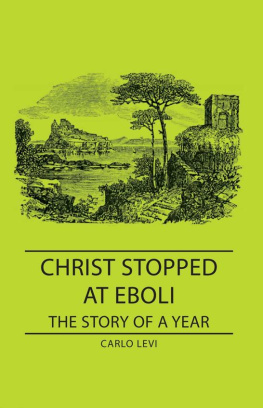
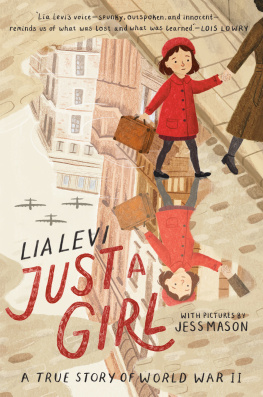

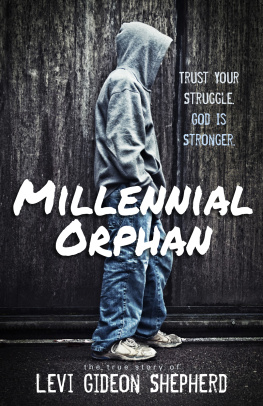
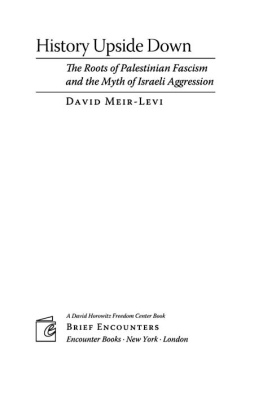
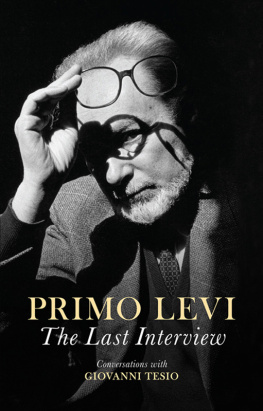

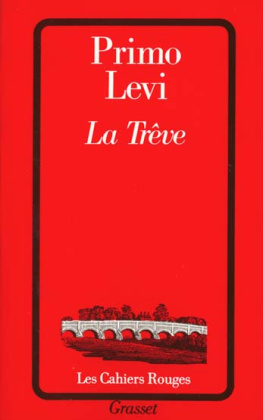
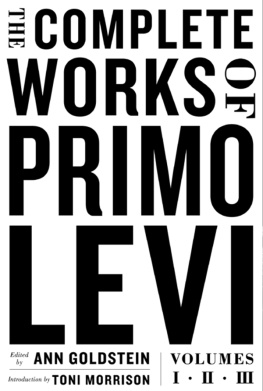
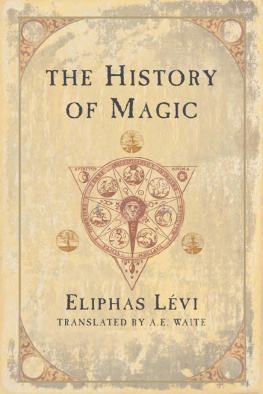
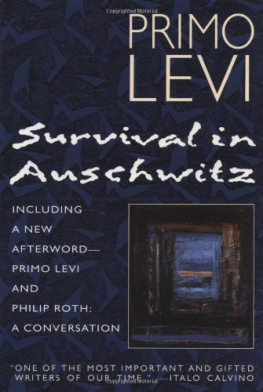


 1
1 